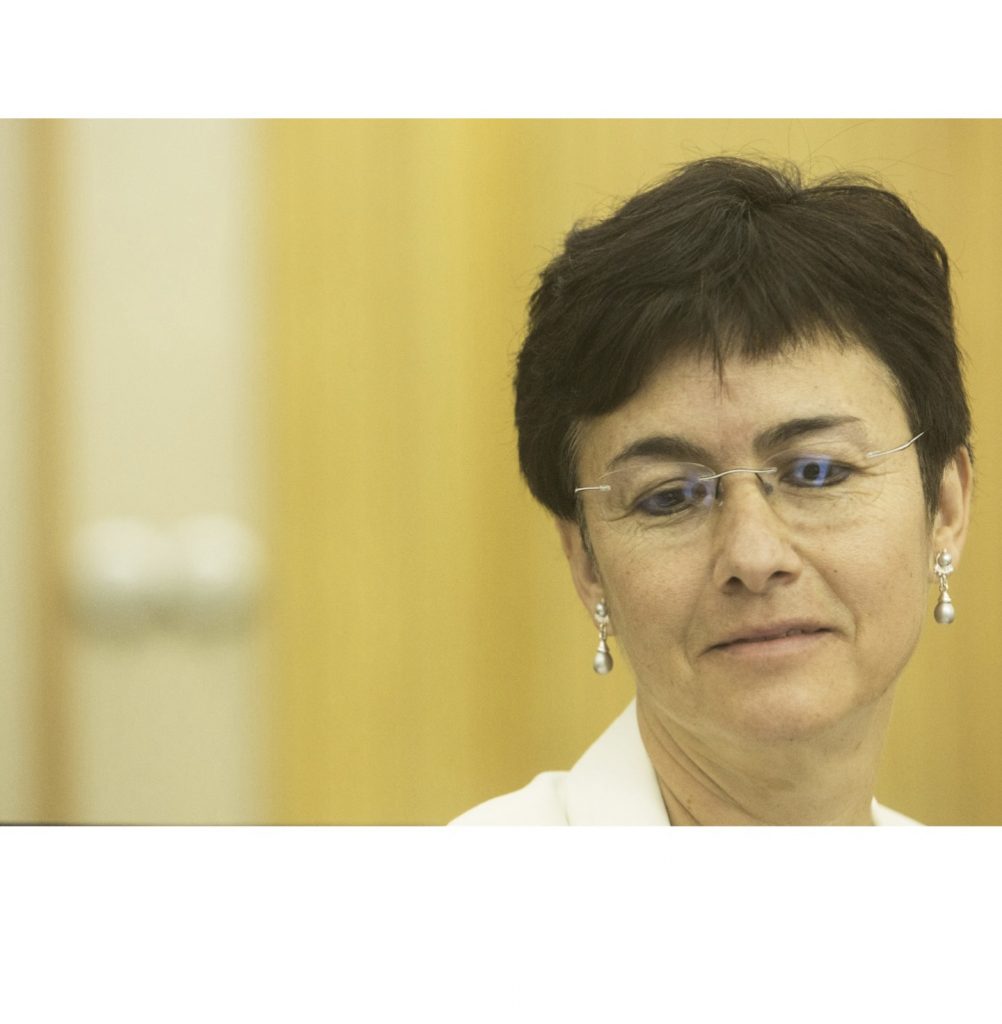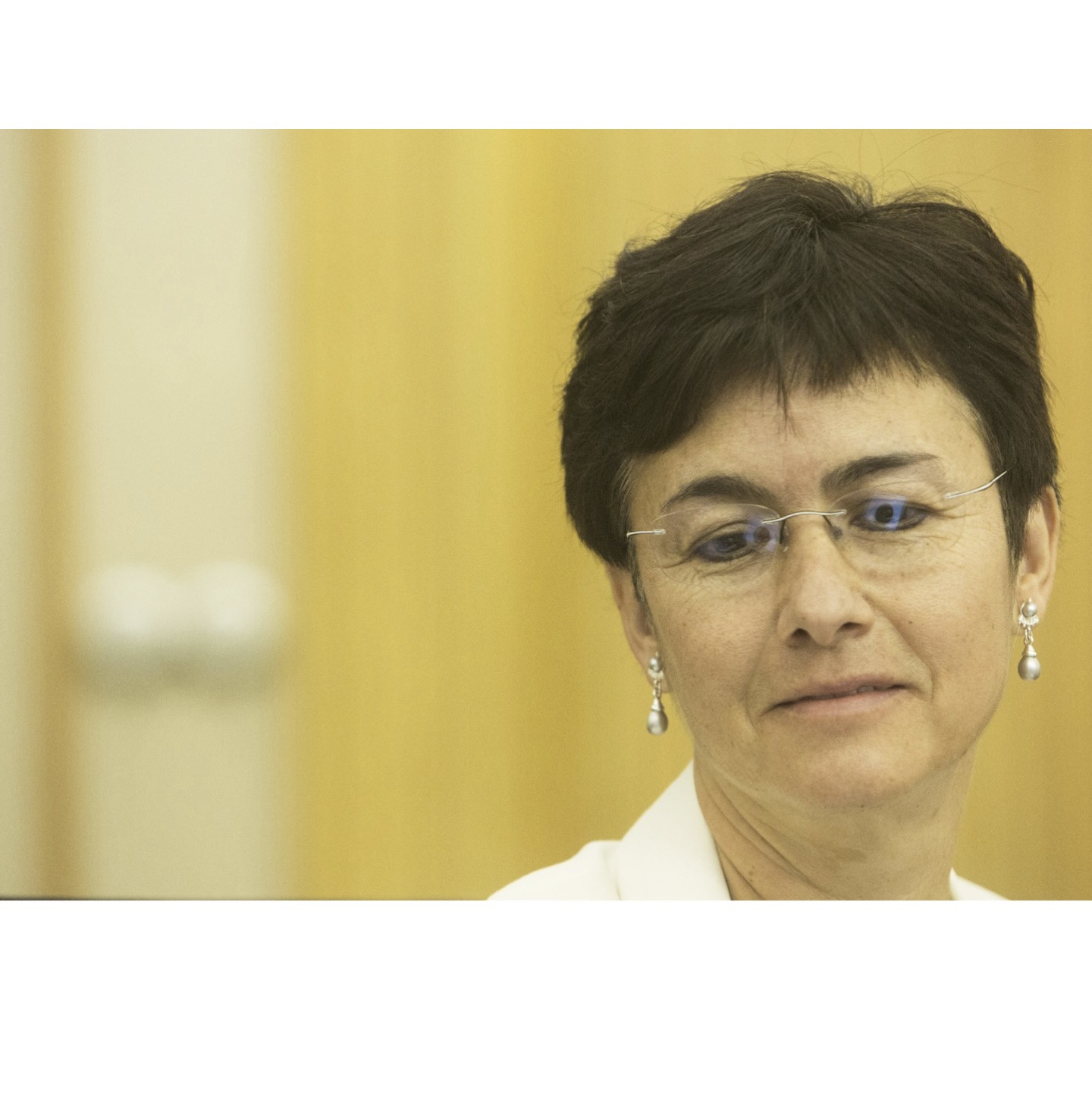2021 declared International Year of Fruits and Vegetables
What is the future of the world’s food sector in light of the current COVID-19 pandemic? Pilar Santacoloma, agri-food systems officer of the FAO (the UN’s organisation for dealing with agricultural and food issues), outlines the body’s agricultural policies for crisis-hit areas.
What support is being given to small-scale farmers in emerging economies during the Covid-19 pandemic and to ensure food security?
Small-scale farmers play an important role worldwide in the provision of major food groups for human consumption, including a diversity of fruits and vegetables, pulses, cereal, tubers and roots; yet they are among the most vulnerable to the impacts of Covid-19. The closure of shops and restaurants has reduced demand for fresh produce, which has affected small-scale producers. At the same time, transport restrictions and labour shortages have also limited their productive capacities. Governments of emerging economies have put in place different policies and plans to provide support to small-scale farmers and ensure food security during the Covid-19 pandemic. Direct links have been established between producers and consumers in countries such as Costa Rica, Peru and Guyana to support small-scale farmers and enhance their incomes, while also improving consumers’ access to healthy diets and reducing food loss. Similarly, governments such as Bangladesh and Costa Rica have enhanced public procurement programmes involving purchasing fresh produce from small-scale farmers for distribution among vulnerable populations, thereby generating a food security win-win situation. Through these measures, governments are supporting local production by small-scale farmers and are providing a diverse range of healthy food for those most in need.
Are fruits and vegetables today considered a more strategic commodity for ensuring worldwide food security?
There are several reasons why the fruit and vegetables sector is key for ensuring food security. Firstly, evidence has shown that fruits and vegetables are very important components of healthy diets. In fact, an adequate intake of fruits and vegetables contributes substantially to reducing the risk of chronic diseases, particularly cardiovascular disease and certain cancers due to the high content of micronutrients, antioxidants, phytochemical compounds and fibre. Several studies also suggest evidence of an association between fruits and vegetables and improved mental health and increased immunity. Secondly, fruits and vegetables can be produced by small-scale farmers in backyards or in association with other crops, contributing to improved self-consumption or income generation via sales of surpluses. Thirdly, the fruit and vegetables sector can generate employment, particularly for women, along the various stages of the value chain – namely, production, processing and retailing – laying basis for improved income and local development, and better nutrition. However, these benefits are not always recognised and it is necessary to put in place public education campaigns, but, more importantly, to stimulate evidence-based debate to enhance policy support for this sector.
How are the healthy attributes of F&V considered within the FAO’s priorities and action plans?
For the FAO, the healthy attributes of fruits and vegetables are of paramount priority at the highest management level. This is why, the FAO has promoted the declaration of 2021 as the International Year of Fruits and Vegetables by the 74th Session of the United Nations General Assembly. The initiative is aimed at raising awareness of the nutritional and health benefits of fruit and vegetable consumption. In this regard, the International Year of Fruits and Vegetables is meant to initiate a pathway for effective actions that will strengthen the role of smallholder and family farmers in sustainable farming and production. Such actions are expected to have a positive impact in reducing hunger and poverty, enhancing food and nutrition security, improving livelihoods, and contributing to better natural resource management. An action plan for the International Year of Fruits and Vegetables is being agreed with other developmental organisations, such as the WHO. This plan is based on four pillars: advocacy and awareness raising, knowledge creation and dissemination, policy making, and capacity development and education. Activities are proposed under each of these pillars in order to advance and maximise the contribution of F&V to sustainable development, rural economic growth and livelihoods, food safety and the promotion of diversified, balanced and healthy diets.
As the working group on environmentally and socially responsible horticulture is no longer active, what plans does the FAO currently have for working towards a more responsible and sustainable F&V supply chain globally or regionally in Europe or Asia?
As I mentioned before, an action plan is being developed and agreed upon for the launching of the International Year of Fruits and Vegetables. The International Year of Fruits and Vegetables is meant to be a platform to sensitise the public about the importance of the sector for health and nutritional food and is directly linked to the 2030 Agenda, and in particular to the Sustainable Development Goals SDG2 (ending hunger, improving nutrition, and promoting sustainable agriculture), SDG3 (ensuring healthy lives and promoting well-being), and SDG12 (ensuring sustainable consumption and production patters).
Regarding bananas and tropical fruits: with the slowdown of the banana and pineapple markets, in particular, what programmes or strategies does the FAO have for stimulating tropical fruit markets?
According to my colleague Pascal Liu from the Trade Division, the situation is not clear-cut and there are divergent trends across commodities. The limited available data for the first half of 2020 suggest that there is a clear slowdown in the pineapple market, but not really in the banana market. Based on these data, global imports of pineapples fell by some 10 per cent between January and June 2020 compared to the same period in 2019. On the other hand, according to preliminary data, world imports of bananas increased by 1.2 per cent compared to the same period in 2019. Avocado exports have also increased, while imports of papayas and mangoes seem to be declining. Only when we have more complete and reliable data for the whole year will we be able to draw definitive conclusions. An article on this topic will be published in this month’s issue of Food Outlook. So far, there is no specific programme for stimulating tropical fruit markets in particular.




